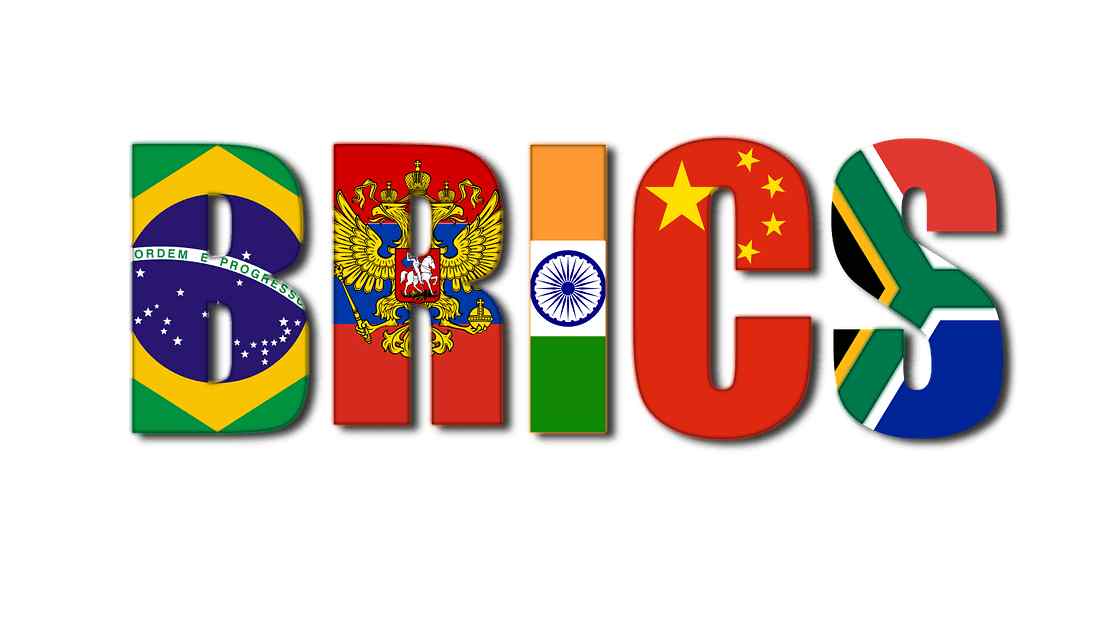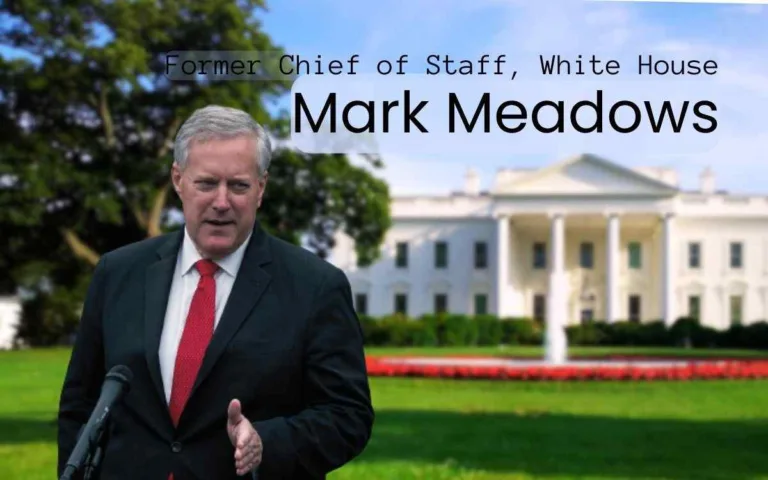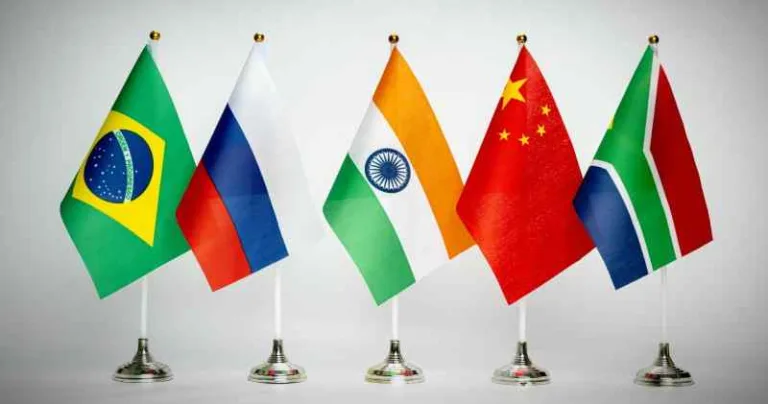Is BRICS Expansion a Blunder??
As we cast our gaze upon the intriguing development of BRICS (Brazil, Russia, India, China, and South Africa) welcoming Saudi Arabia, Iran, the United Arab Emirates, Ethiopia, Egypt, and Argentina into its fold, optimism mingles with a hint of skepticism.
The prospect of an expanded BRICS+ coalition, now composed of eleven diverse and dynamic nations, appears to hold the promise of a new geopolitical balance, one that could challenge the dominant influence of the United States on the global stage.
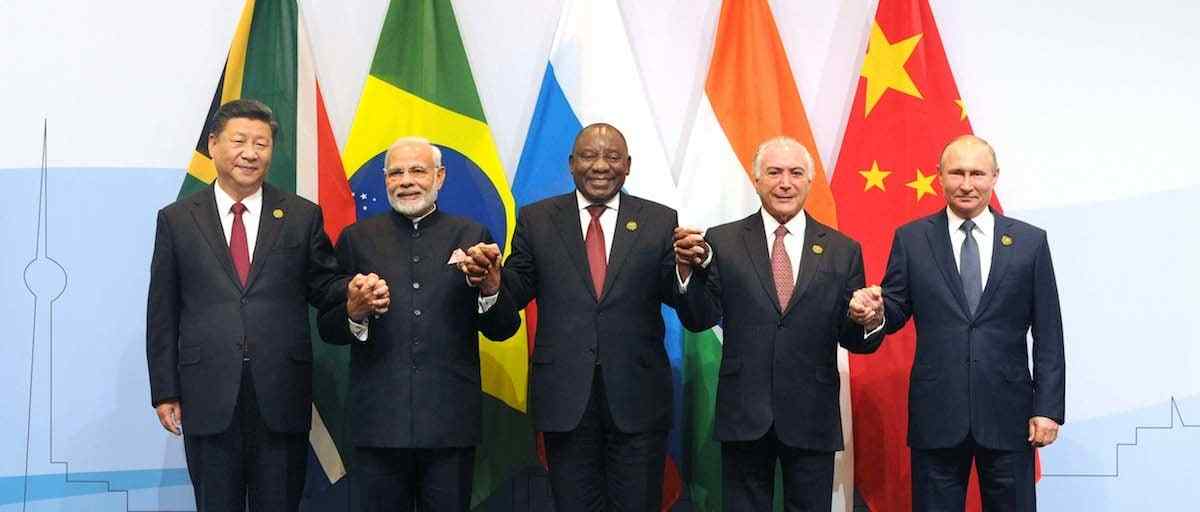
This expansion, on the surface, evokes anticipation and curiosity, as it underscores the rich tapestry of emerging economies coming together.
Yet, beneath the surface, questions loom large. Are these new additions poised to harness their collective potential effectively? Or will this enlarged alliance face internal divisions and power struggles that hinder their ability to address pressing global issues?
In this exploration, we delve deeper into the complexities and missed opportunities within this unfolding narrative, seeking to unravel the intricate dynamics of this ambitious alliance.
A Tool of Chinese Diplomacy
The enlargement exclusively welcomes countries already maintaining friendly relations with China, raising questions about BRICS+ becoming another instrument of Chinese diplomacy.
Instead of representing the interests of emerging economies, it could serve as a means for greater Chinese influence.
This influence may come at the expense of local populations, given the track record of Chinese foreign investors in tolerating corruption, reduced transparency, and wasteful megaprojects funded by challenging-to-restructure loans.
Anti-Democratic Leanings
Adding Saudi Arabia, Ethiopia, Egypt, Iran, and the UAE to BRICS could further push the group towards an ‘anti-democratic’ identity.
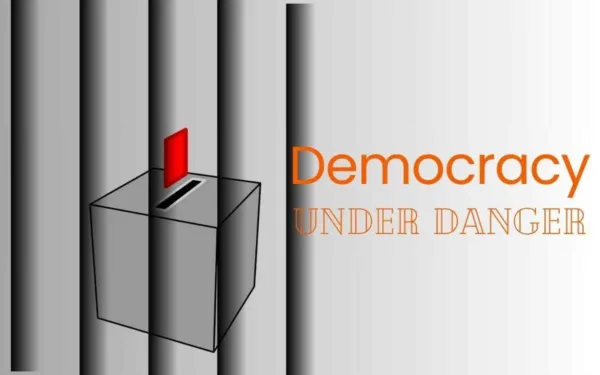
Yet, democracy plays a crucial role in ensuring economic and social progress in emerging economies.
Research shows that democracies tend to experience faster economic growth, marked by increased investments in education, healthcare, and public services.
In contrast, Chinese engagement tends to impede democratization and may even foster authoritarianism, potentially exacerbating the ‘democracy crisis’ faced by many emerging economies.
The Need for an Independent Voice
In an era marked by escalating tensions between the United States and China, the world is witnessing a shifting global landscape.
Amidst this transformation, emerging economies find themselves at a critical juncture, desperately in need of an autonomous advocate to shield their interests.
As the rift deepens between the two economic giants, the repercussions ripple across the globe.
Reduced trade and financial interactions between the US and China threaten to cast a shadow over the economies of developing nations.
These nations, often dependent on these economic powerhouses, now face the daunting task of securing their own prosperity.
Moreover, the rapid advancement of transformative technologies, such as artificial intelligence (AI), accentuates the urgency of this quest for independence.
AI’s sweeping influence has the potential to reshape the very fabric of global labor markets, and emerging economies must assert their presence in shaping the future of this technological frontier.
In this era of uncertainty, it is imperative that emerging economies rise to the occasion, forging an independent path to protect their interests and steer the course of their destiny in the face of evolving global dynamics.
AI and the Global Workforce
The ascent of AI and other digital technologies looms as a double-edged sword, poised to reshape the global job market and social dynamics.
Not confined to the factory floor, these advancements now encroach upon white-collar domains, challenging traditional roles.

For nations like India, known for exporting white-collar services, the threat of heightened competition from AI-driven software and machinery looms large.
Simultaneously, AI’s omnipresence is transforming the political arena, molding public opinion, and casting shadows over electoral processes through the proliferation of misinformation on social media platforms.
However, it’s crucial to note that many developing economies find themselves ill-equipped to navigate these tumultuous waters.
They often lack the necessary institutional infrastructure to effectively regulate and manage these disruptive forces, leaving them at the mercy of these powerful technological tides. As we move forward, addressing these challenges becomes paramount for a more equitable and sustainable future.
Surveillance and Authoritarianism
In today’s rapidly evolving technological landscape, the rise of new innovations has inadvertently handed governments powerful tools for surveillance.
This development has sparked concerns about the potential for excessive population monitoring and the stifling of dissenting voices.

What’s even more disconcerting is the active exchange of these surveillance technologies among authoritarian regimes.
China, in particular, has been at the forefront of exporting these tools to numerous non-democratic nations, further fueling apprehensions about privacy and individual freedoms.
In this digital age, global power dynamics are shifting.
While China, US tech giants, and the European Union are undeniably influential players in shaping the future of technology, it’s essential to recognize that none of these entities can fully represent the diverse interests and needs of emerging economies.
As we navigate this complex landscape, it’s crucial to strike a balance between technological progress and safeguarding fundamental rights.
An Alternative to BRICS+: A Promising Path Forward
China’s strategic selection of new BRICS+ members has inadvertently paved the way in the intricate world of global geopolitics for an intriguing opportunity to birth an alternative bloc.
This prospective alliance could encompass major emerging economies such as Indonesia, Turkey, Mexico, Colombia, Malaysia, Nigeria, Bangladesh, and Kenya.
Despite occasional hiccups on their respective journeys towards democracy, these nations share a striking commonality—both in terms of their rich experiences and their substantial economic clout.
This emerging coalition holds the potential to reshape the international stage, offering a fresh perspective and an alternative voice in global affairs.
As these nations continue to evolve and navigate the complex terrain of the modern world, their unity could become a force to be reckoned with, challenging the status quo and forging a path towards a more diverse and inclusive global order.
The stage is set, and the world watches with anticipation as this alliance of emerging giants steps onto the international arena.
Declaration of Independence
This independent bloc could declare autonomy from both China and the United States, providing a much-needed voice to the broader emerging world in discussions regarding globalization and technology’s future.
These decisions are too significant to be solely influenced by current geopolitical rivals.
In summary, while the BRICS+ expansion may initially appear promising, it raises concerns about becoming a tool of Chinese diplomacy, fostering anti-democratic tendencies, and furthering China’s influence.
Emerging economies require an independent voice to protect their interests in the face of technological disruption and shifting global power dynamics.
An alternative bloc comprising major emerging economies could offer a more balanced and representative approach to these critical issues.
